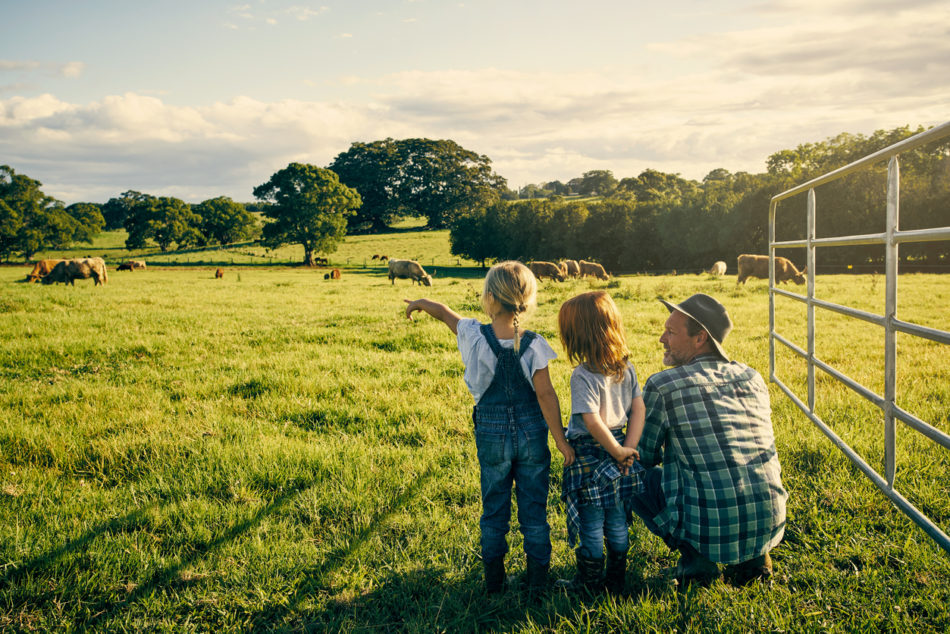
Want to keep your cattle safe and cool during summer’s hottest temperatures? With some simple steps, it can become much easier for your cows to stay cool.
Give Them Shade
One of the easiest ways to keep your cattle cool is by giving them plenty of shade. Your cattle may not always want to be in the shade, but you want it to always be available.
You can get creative when it comes to providing shade. If necessary, build simple awnings with tarps and supporting poles.
Provide Water
It should go without saying that your cattle need water. This is especially important when it gets hot outside. When providing water, remember that your cattle also get hydration from their feed. This means that you can switch to high-moisture feeds during the summer to boost hydration.
It is also worth mentioning that as temperatures rise, cows need more water. They need twice as much between 50 degrees and 95 degrees.
Opt for High-quality Forage
Start by carefully choosing what you feed your cattle during hot weather. Giving your cattle high-quality forage reduces the heat generated during digestion. This, in turn, reduces your cows’ body temperature and makes it easier for them to stay cool.
Take it a step further by also feeding your cattle at the right time. Ideally, you want to wait at least two hours after the hottest time of the day. This prevents them from overheating due to digestion. It also makes them more likely to eat a full meal.
Time Their Work Carefully
Whenever it comes time to work your cattle, time it properly. Essentially, you want to make sure you don’t do it in the middle of the day. Instead, limit it to earlier or later. This way, you avoid increasing their exertion when it is hottest outside.
This not only lessens their physical effort but also reduces stress. Stress can sometimes elevate body temperature, so that should be a consideration as well.
You might also like: This Marinade Will Make Your Burgers Even Better
Monitor the Cattle for Heat Stress
Even if you follow all of the above tips, you should still watch your cattle carefully. You want to be on the lookout for signs of heat stress. Pay particular attention to the cattle with a higher risk. These include those that haven’t been shed out. It also includes cattle who have had a respiratory disease or at the end of their feeding period.
Keeping your cattle cool during the summer includes some basic measures. Start by ensuring they have enough water and shade. Then, consider swapping their feed out for high-quality forage. Don’t forget to avoid working them when the sun is at its peak.
